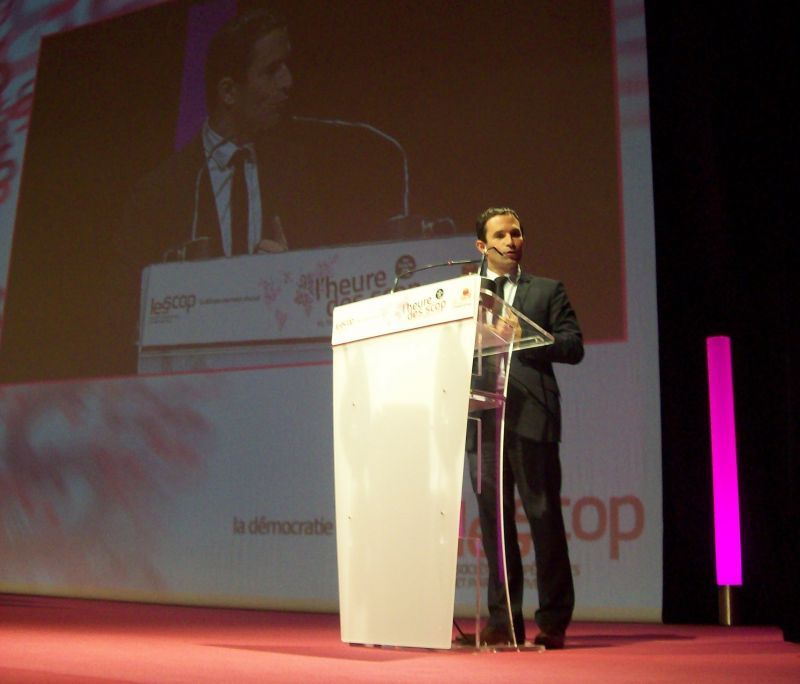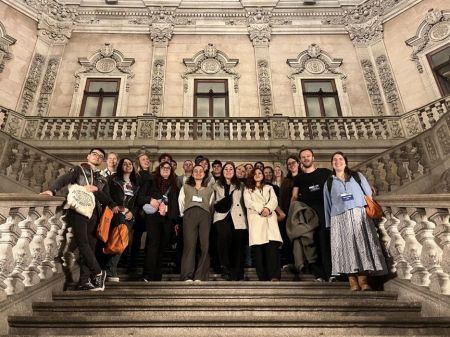The International Cooperative Alliance (ICA), through…
France unveils law to support co-operatives

At a conference in Marseille, Mr Hamon presented the French government's draft law on Social and Solidarity Economy, which has an objective to sustain co-operative development and double the number of worker co-operatives in the next five years.
On 16 November, the minister referred to co-ops as "an essential way to get France out of the crisis". He explained that the government is seeking to implement seven measures to facilitate the creation and the development of worker co-operatives.
One of them is establishing a "preferential right" for workers in the buyout of enterprises. The minister also spoke of providing training for bankruptcy courts to remove "reluctance" and "hostility" to look at the co-operative option to secure employment for workers.
The Minister also said the government supports worker co-operatives because they represent a “long-lasting model" that is "wise, universal ... innovative, and a model that associates ownership with entrepreneurial decisions".
Asked what he thought of Mr Hamon's new initiatives, Jean-Claude Detilleux, Chairman of Credif Cooperatif, and ICA Board Director, said these are most welcome within the French co-operative movement. He said: "We need governments to adapat the law to the evolution of society. This is exactly what is happening now in France. The law [on social economy] has not changed much within the past ten years.
"The new government is committed to social economy. We have an excellent relationship with the new Minister for Social Economy. Mr Hamon has showed interest in the UN's International Year of Co-operatives, he was in Quebec, participating in the International Summit of Co-operatives and this is good for us. Now he knows more about co-ops."
Mr Detilleux added the French government is planning to alocate a new fund for social economy worth €600 million.
The ICA's worker co-operative sectoral body, CICOPA also offered to help in implementing this law. At the Global Worker Co-op Day event, the President of CICOPA, Manuel Mariscal, also said in his opening speech that worker co-operatives are “a solid answer to the concrete problems of the society, it is a model that brings hope in the current situation”.
Paul Singer, Minister for Solidarity Economy in Brazil, was another keynote speaker at the event. He shared the main findings of a new law approved in Brazil that can be a way forward for other countries with the participants and thanked CICOPA for its support and advice in the legislative process.
Global Worker Co-operative Day, organised jointly by CICOPA and CG Scoop (The French Confederation of Worker Co-operatives), gathered 1,000 representatives from the Co-operative Movement, public authorities and academics. The conference featured speakers from Argentina, USA, India, Italy, Spain, France, Brazil and Canada, who shared their experiences.




